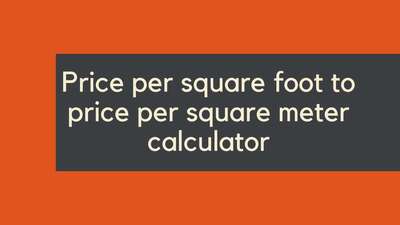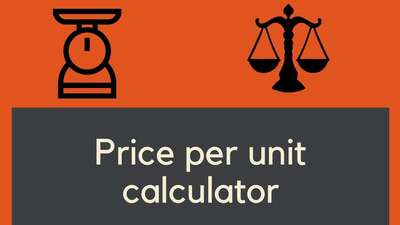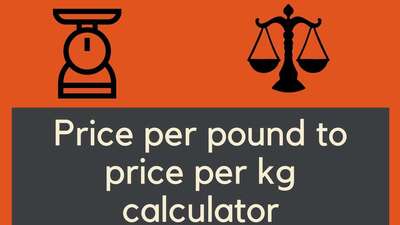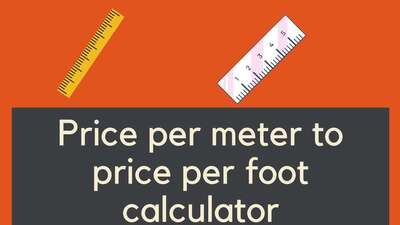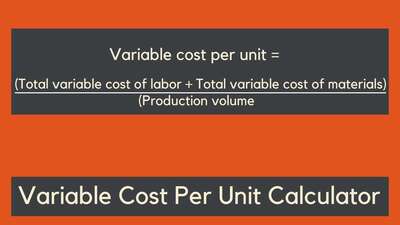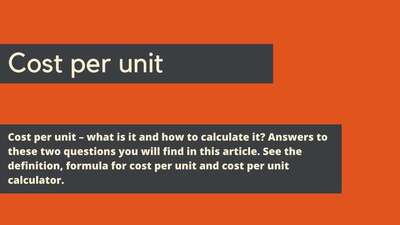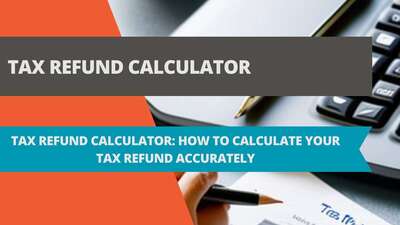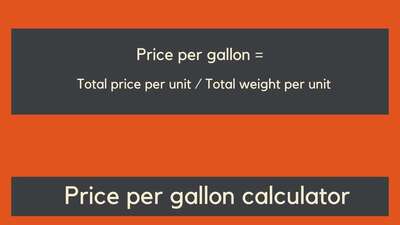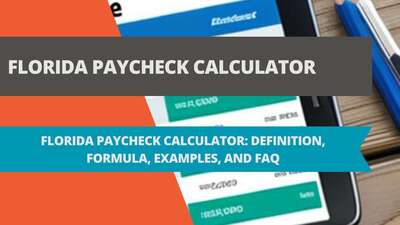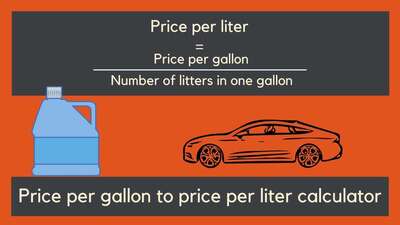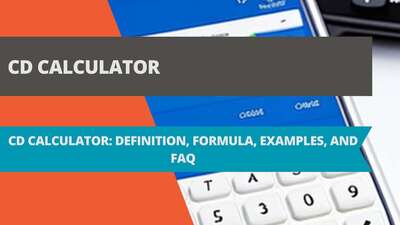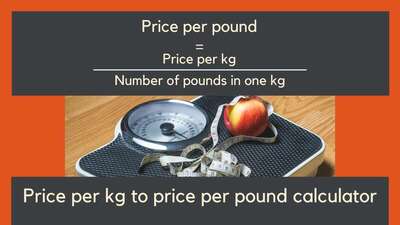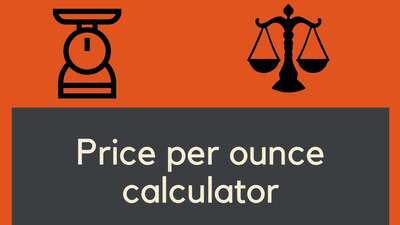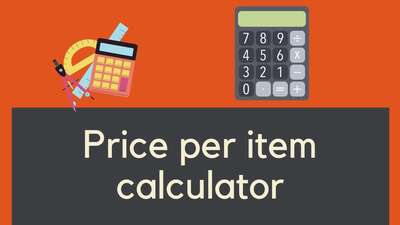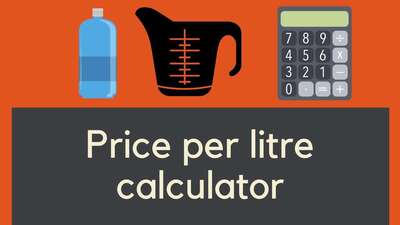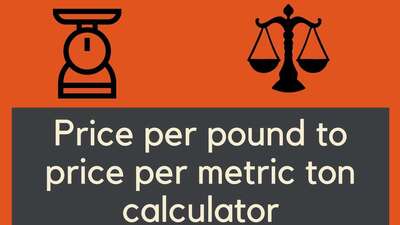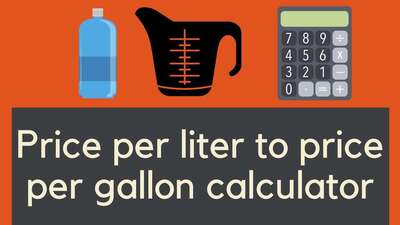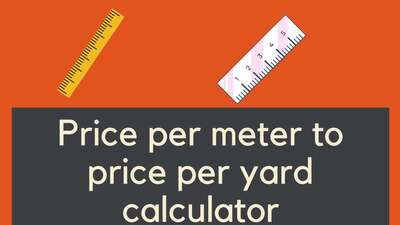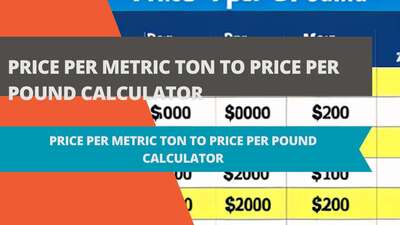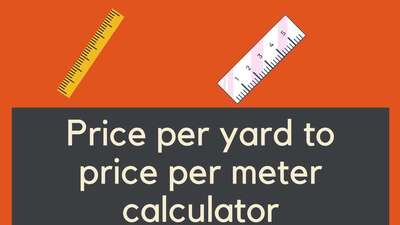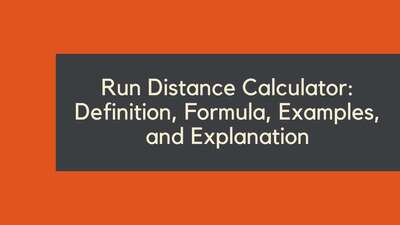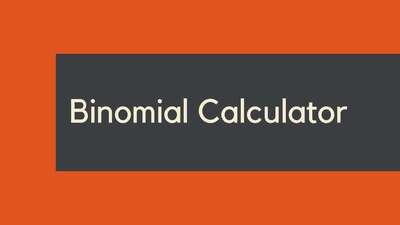Tax Calculator: Definition, Formula, Examples and FAQ
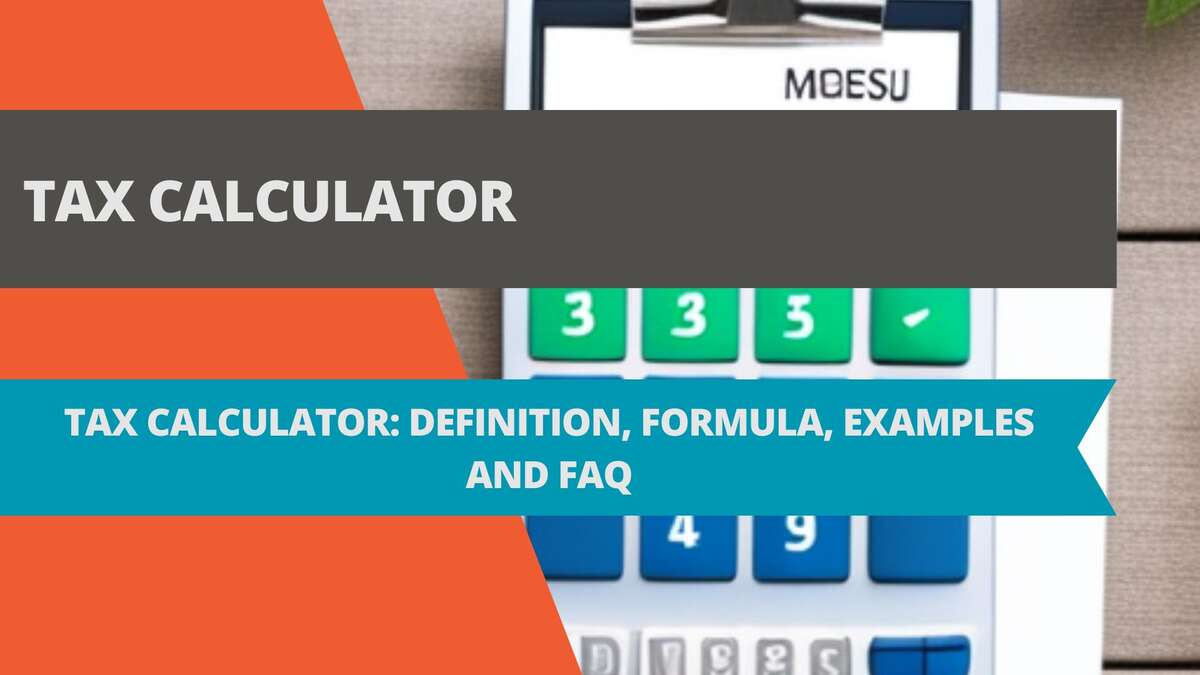
- Definition of Tax Calculator
- Formula for Tax Calculator
- Examples of Tax Calculator
- Example 1: US Tax Calculator
- Example 2: UK Tax Calculator
- Explanation of Tax Calculator
- Question and Answer FAQ
- Q: Are tax calculators free?
- Q: How accurate are tax calculators?
- Q: Can tax calculators be used for all types of taxes?
- Q: Do tax calculators take into account recent changes to tax laws?
- Conclusion
Calculating taxes can be a daunting task, especially for those who are not well-versed in accounting or taxation. Fortunately, there are several online tax calculators that can help individuals and businesses estimate their tax liability. In this article, we will discuss what a tax calculator is, how it works, and provide examples of its usage. We will also answer some frequently asked questions about tax calculators.
Definition of Tax Calculator
A tax calculator is a tool that helps individuals and businesses estimate their tax liability. It takes into account factors such as income, deductions, credits, and tax rates to calculate an estimated amount of taxes owed or refunded.
Tax calculators are useful for planning purposes, as they can help individuals and businesses make informed decisions about their finances. For example, a tax calculator can help a person determine if they need to adjust their withholding allowances or if they need to make estimated tax payments throughout the year.
Formula for Tax Calculator
The formula for a tax calculator depends on the tax system of the country in question. In general, however, tax calculators use the following formula:
Tax Liability = Taxable Income x Tax Rate - Credits - DeductionsWhere:
- Taxable Income: The amount of income that is subject to taxation.
- Tax Rate: The percentage of taxable income that is owed in taxes.
- Credits: Amounts that can be subtracted directly from taxes owed.
- Deductions: Amounts that can be subtracted from taxable income.
Depending on the tax system, there may be additional factors that need to be taken into account, such as exemptions or tax brackets.
Examples of Tax Calculator
There are many tax calculators available online that cater to different tax systems. Let's take a look at a few examples:
Example 1: US Tax Calculator
The US tax system is complex, with multiple tax brackets and various deductions and credits. The tax calculator on the IRS website takes all of these factors into account when calculating an estimated tax liability.
Let's say that John is a single filer with a taxable income of $50,000. Using the IRS tax calculator, John can estimate that his tax liability for the year will be $7,965.
Example 2: UK Tax Calculator
The UK tax system is also complex, with different tax rates and allowances for different types of income. The tax calculator on the HM Revenue & Customs website takes these factors into account when calculating an estimated tax liability.
Let's say that Jane is a UK resident with a salary of £35,000. Using the HMRC tax calculator, Jane can estimate that her tax liability for the year will be £5,337.
Explanation of Tax Calculator
A tax calculator works by taking in various inputs, such as income, deductions, credits, and tax rates, and applying a formula to calculate an estimated tax liability. The accuracy of the estimated tax liability depends on the accuracy of the inputs provided.
Most tax calculators are user-friendly and do not require any special knowledge of taxation or accounting. However, it is important to note that tax calculators are only estimates and should not be relied upon as a substitute for professional tax advice. Additionally, tax laws and regulations can change frequently, so the results of a tax calculator may not be accurate if there have been recent changes to the tax system.
Despite these limitations, tax calculators are a useful tool for individuals and businesses to estimate their tax liability and plan accordingly.
Question and Answer FAQ
Q: Are tax calculators free?
A: Many tax calculators are free to use. However, some tax preparation software may charge a fee for using their tax calculator.
Q: How accurate are tax calculators?
A: The accuracy of a tax calculator depends on the accuracy of the inputs provided. If the inputs are correct, the estimated tax liability should be fairly accurate. However, tax calculators are only estimates and should not be relied upon as a substitute for professional tax advice.
Q: Can tax calculators be used for all types of taxes?
A: Tax calculators are typically designed for specific types of taxes, such as income tax, sales tax, or property tax. It is important to use a tax calculator that is designed for the specific type of tax that you are trying to calculate.
Q: Do tax calculators take into account recent changes to tax laws?
A: Tax laws and regulations can change frequently, so the results of a tax calculator may not be accurate if there have been recent changes to the tax system. It is important to consult with a tax professional or refer to official government publications for the most up-to-date information.
Conclusion
A tax calculator is a useful tool for estimating your tax liability. It can help you make informed decisions about your finances and plan for the future. However, it is important to remember that tax calculators are only estimates and should not be relied upon as a substitute for professional tax advice.
If you are unsure about your tax liability or have questions about your taxes, it is always a good idea to consult with a tax professional. They can provide personalized advice and help you navigate the complex world of taxation.


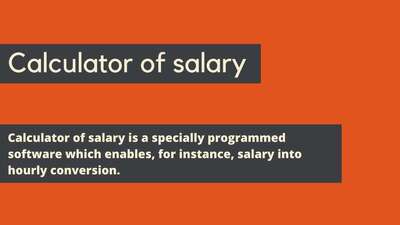


![Car Loan Calculator: Definition, Formula, Examples, and FAQs [2023 Guide]](/images/page/400/car-loan-calculator-13.jpg)
